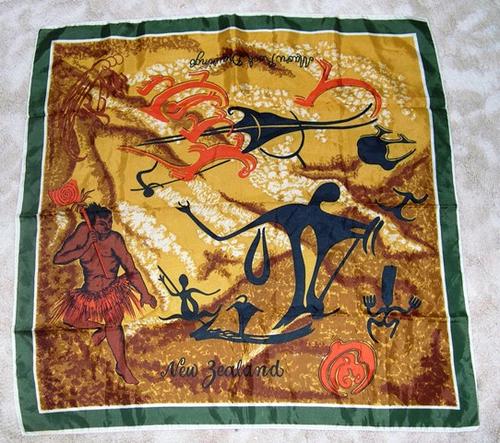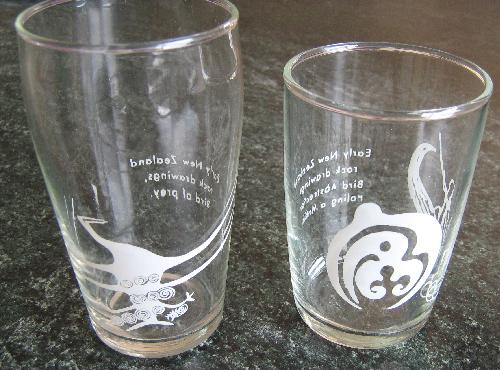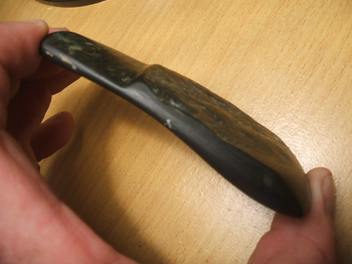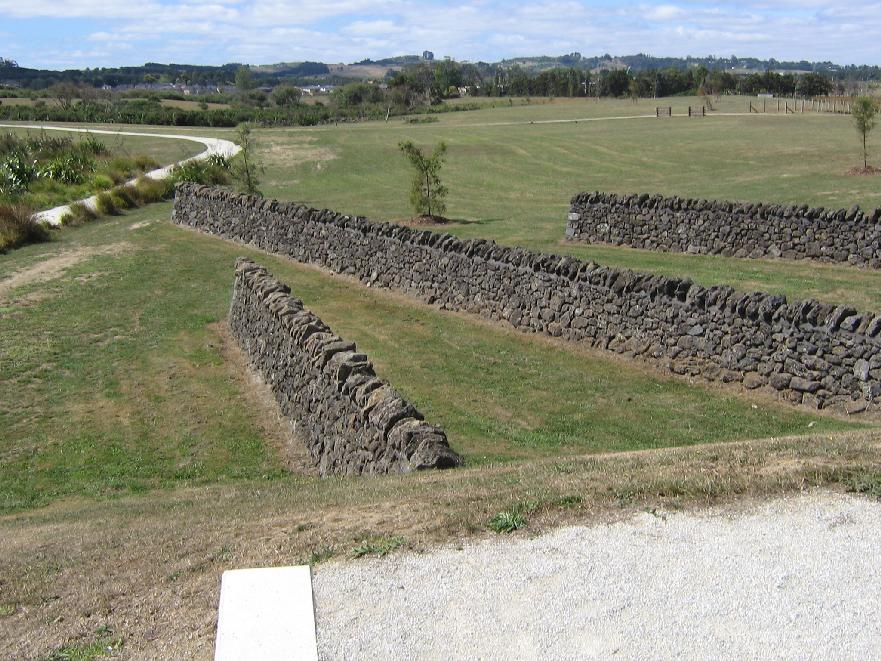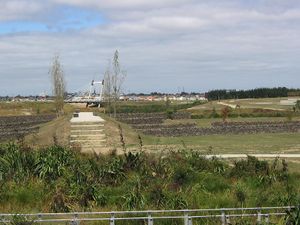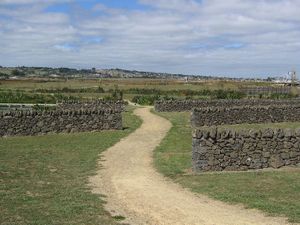Difference between revisions of "Kitsch"
| Line 25: | Line 25: | ||
{{wikipedia|Theodorus_Johannes_Schoon}} ]] | {{wikipedia|Theodorus_Johannes_Schoon}} ]] | ||
| + | ---- | ||
[[Image:Curtis3.jpg|framed|left|]] | [[Image:Curtis3.jpg|framed|left|]] | ||
[[Image:Curtis1.jpg|thumb|The sign]] | [[Image:Curtis1.jpg|thumb|The sign]] | ||
Revision as of 20:44, 20 February 2010
Archaeological Kitsch
Archaeological items of iconic status become the subject of modern copies and re-use of the imagery. New Zealand items are not immune.
Rock drawings seem to have been particularly prone to this - borrowings appearing on fabrics, glassware and stamps.
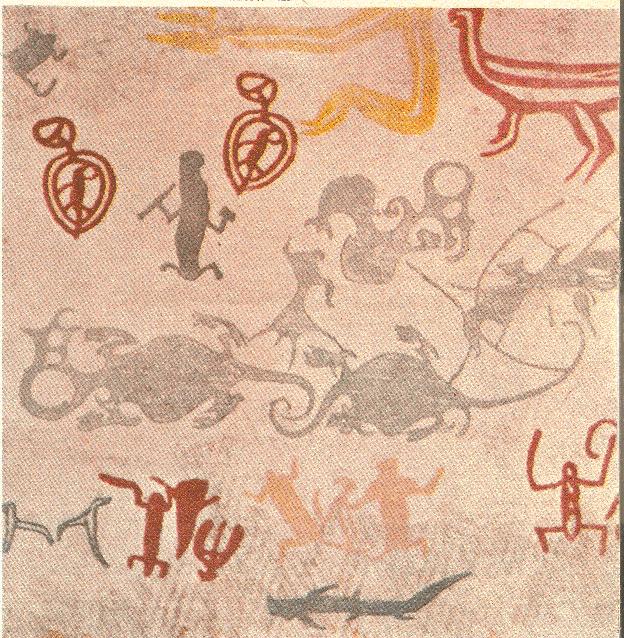
Rock art used on fabric. This was produced by blockprinting by poet Rex Fairburn. He obtained the artwork for this from Theo Schoon. Wikipedia has an article on Schoon. Another print can be seen here Fairburn and Schoon have Dictionary of New Zealand Biography entries.

